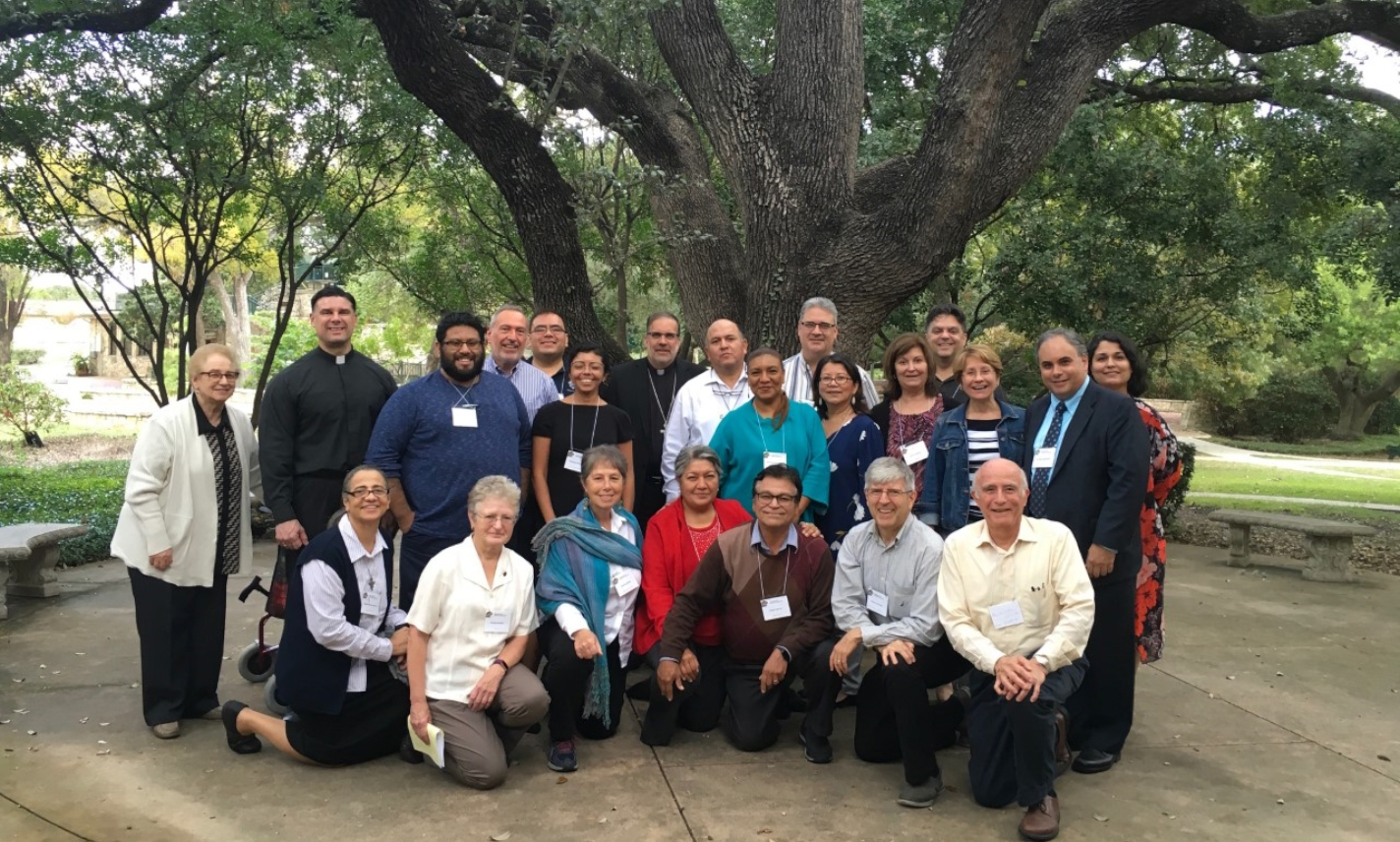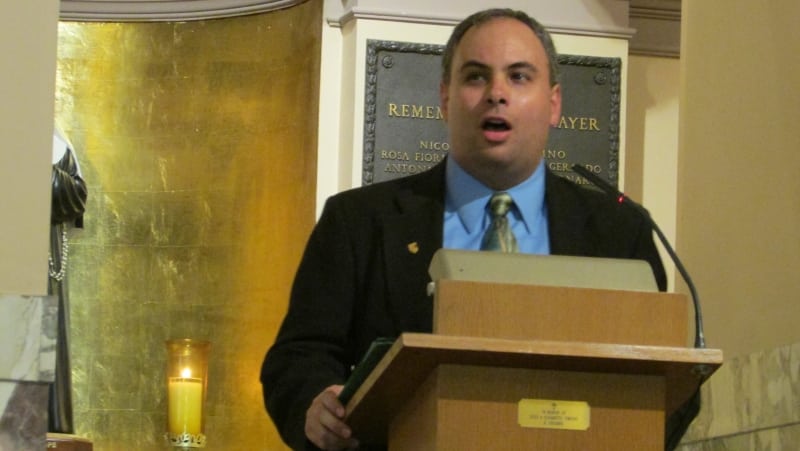This review originally appeared in a newsletter for the Franciscan Mission Service.
Gaillardetz, Richard R. Ecclesiology for a Global Church: A People Called and Sent. Theology in Global Perspective Series (Maryknoll: Orbis, 2008). 312 pp.
There is much to recommend this well-written and extensively researched book. Dr. Gaillardetz, a noted U.S. Roman Catholic ecclesiologist, has combined insights gleaned from a solid analysis of the text and context of Vatican II with developments of both a theological and pastoral nature from the experience of church in the emerging Global South. He combines these with an introductory treatment of community from a biblical perspective and a nuanced analysis of key historical and theological developments in these broad areas: mission, church as communion, a theology of ministry rooted in baptism, the universal call to discipleship, and a rich theology of church tradition as sustaining “communal memory.” The result is a highly creative effort that focuses on the implications for a contemporary theology of church rooted in Gospel-based evangelization and mission. As the emerging multicultural world-church seeks to find its footing amid the shifting claims and tensions that mark both the contemporary relationship between church and world, and what he names the “stifling and reductive intellectual framework of orthodoxy verses dissent” within Roman Catholicism, it is commendable that Dr. Gaillardetz seeks to raise the level of discourse beyond rigid ideological claims. He certainly succeeds in this work.
Unflinchingly ecumenical while standing solidly in the Roman Catholic tradition, Gaillardetz effectively reads the traditional marks of the church “one, holy catholic, and apostolic” in a way that both honors the core of the Catholic and broader Christian traditions, while analyzing theological developments and historical ruptures in communion within those traditions. This approach contextualizes the insights he has gleaned from both erudite theological reflection, conversant with theologians from across the globe, and his own field research in Chiapas, Mexico. Though necessarily selective in its historical presentations, the copious footnotes, bibliography, and index provide the interested reader with extensive opportunities for additional reading or research. Although the author is appropriately modest in recognizing this book is not a foundational text in mission or contextual ecclesiology, the work is nonetheless an impressive synthesis, giving the readers who choose to engage in the open-ended reflection questions at the end of each chapter the opportunity to mine its depths.
While, on the whole, Gaillardetz honors the multicultural realities that he presents, a chief limitation of the book (which the author admits) is that actual field research was limited to one sector of the Central American church. The insights presented from Latin America, Africa, and Asia are essentially recapitulations of the works of theologians or official church documents. The work as a whole could have been augmented by the inclusion of insights from non-academic theological sources, such as the experience of lay missioners or of baptized persons native to the churches of African and Asia. Such an effort would reflect a genuine application of Dr. Gaillardetz’s rich communion ecclesiology, sustained by memory, for the sake of Gospel mission.
Academic in style and likely most at home in a theology classroom or ministry reflection seminar – where it can serve as a robust introduction to contemporary ecclesiological issues or as one text in a more focused course on the global church – Ecclesiology for a Global Church can also be quite useful for those involved in mission or ecumenical activity, or for anyone involved in church ministry in a multicultural context.



 Request Dr. DelMonico's professional services for a liturgical, ministerial or leadership consultation, or for an academic or public presentation.
Request Dr. DelMonico's professional services for a liturgical, ministerial or leadership consultation, or for an academic or public presentation.